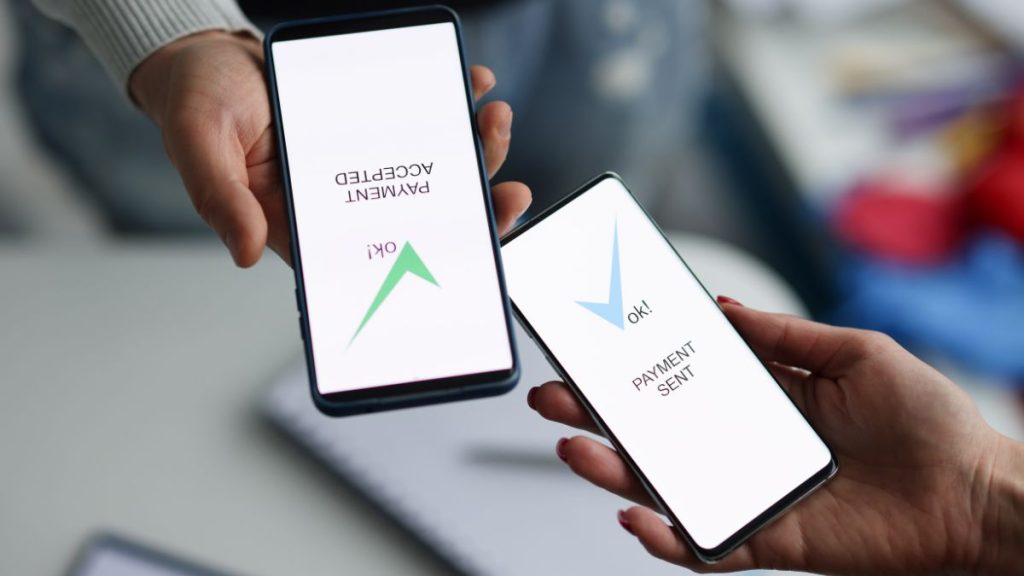As a retiree, keeping track of your Social Security payments is vital. The Social Security Administration (SSA) provides a set schedule for payment dates, ensuring that retirees, survivors, and disabled beneficiaries receive their funds promptly.
If you qualify for Social Security benefits and are born between specific dates, your next payment could arrive in just a few days. In this article, we’ll break down the Social Security payment schedule, provide details on when you can expect your payment, and offer insight into the SSA’s system to ensure timely distribution.
Understanding the Social Security Payment Schedule
The Social Security Administration manages payments for over 70 million Americans, including retirees, disabled individuals, and survivors. These payments are essential for many, helping cover basic living expenses such as housing, food, and healthcare.
To ensure smooth and timely payments, the SSA follows a structured schedule based on the recipient’s date of birth and the program under which they receive benefits. Below, we’ll explain how the payment schedule works and when you can expect your next deposit.
How the SSA Payment System Works

Payments from the Social Security Administration are typically made on a monthly basis, with dates varying depending on several factors:
- Date of Enrollment: If you started receiving Social Security benefits before May 1997, your payment will always be made on the third day of the month. This rule applies regardless of your specific program.
- After May 1997: If you began receiving benefits after May 1997, your payment date is determined by your date of birth. Here’s the breakdown:
- Born between the 1st and 10th: Payments are made on the second Wednesday of the month.
- Born between the 11th and 20th: Payments are made on the third Wednesday of the month.
- Born between the 21st and 31st: Payments are made on the fourth Wednesday of the month.
- Supplemental Security Income (SSI): If you receive SSI benefits, your payment will always be made on the first of the month.
- Holidays and Weekends: If your scheduled payment date falls on a holiday or weekend, the SSA will issue the payment on the preceding business day.
Upcoming Social Security Payments
If you were born between the 1st and 10th of any month, your next Social Security payment is scheduled to arrive on Wednesday, September 11, 2024. Be sure to mark your calendar, as the SSA will disburse your funds directly to your bank account or mail a check if that’s your preferred payment method.
For those born later in the month, here’s a complete breakdown of the September 2024 payment schedule:
| Birth Dates | Payment Date |
|---|---|
| 1st – 10th | Wednesday, September 11, 2024 |
| 11th – 20th | Wednesday, September 18, 2024 |
| 21st – 31st | Wednesday, September 25, 2024 |
| SSI Recipients | Sunday, September 1, 2024 |
| Pre-May 1997 Beneficiaries | Tuesday, September 3, 2024 |
If your payment is delayed, the SSA recommends waiting at least three business days before contacting them to report a missing payment.
Key Factors Influencing Social Security Payments
There are a few additional factors that can influence your Social Security payments:
- Cost-of-Living Adjustments (COLA): Each year, the SSA applies a COLA to benefits to ensure that payments keep up with inflation. The COLA is determined based on the Consumer Price Index (CPI). This adjustment could mean that your payments for 2024 are slightly higher than they were in previous years.
- Federal Withholding Taxes: Depending on your overall income, you may have federal taxes withheld from your Social Security benefits. If you’ve opted for this, you might notice a difference in your net payment.
- Direct Deposit vs. Check: Most recipients receive their Social Security payments via direct deposit, which is faster and more reliable. If you prefer to receive a paper check, it may take a few extra days for it to arrive via mail.
What to Do If You Haven’t Received Your Payment

If you don’t receive your Social Security payment on the expected date, don’t panic. Here’s what you should do:
- Wait Three Business Days: Sometimes, payments may be delayed due to processing issues or bank holidays. The SSA recommends waiting at least three business days after your scheduled payment date before taking action.
- Check Your Bank Account: Ensure that the payment hasn’t already been deposited. Sometimes, the funds may take an extra day or two to show up in your account.
- Contact the SSA: If your payment hasn’t arrived after three business days, call the SSA at 1-800-772-1213. Representatives are available to assist you Monday through Friday from 8 a.m. to 7 p.m. local time.
Important Considerations for Retirees
While the Social Security payment schedule is structured and reliable, there are a few important things retirees should keep in mind:
- Full Retirement Age: Your full retirement age depends on the year you were born. For those born between 1943 and 1954, the full retirement age is 66. For individuals born after 1954, the full retirement age increases gradually until it reaches 67 for those born in 1960 or later.
- Early Retirement: If you claim Social Security benefits before reaching your full retirement age, your monthly benefit amount will be reduced. Conversely, delaying your benefits past full retirement age can increase your monthly payout.
- Medicare Enrollment: If you’re 65 or older, you may be eligible for Medicare, which can be coordinated with your Social Security benefits. Be sure to explore your Medicare options during the annual enrollment period.
Conclusion
Understanding the Social Security payment schedule and knowing when you’ll receive your next payment is crucial for financial planning. If you were born between the 1st and 10th of any month, your next payment is scheduled for Wednesday, September 11, 2024. If you haven’t received your payment within three business days of the expected date, contact the SSA for assistance.
Social Security plays a vital role in supporting millions of retirees, disabled individuals, and survivors. By staying informed about your payment schedule and any potential changes to your benefits, you can better manage your finances and ensure that you receive the funds you’re entitled to.
FAQs
1. When will I receive my next Social Security payment if I was born on October 5th?
If you were born between the 1st and 10th of any month, your payment will be made on the second Wednesday of the month. Therefore, your next payment will be on Wednesday, October 9, 2024.
2. What happens if my payment date falls on a weekend or holiday?
If your scheduled payment date falls on a weekend or federal holiday, the SSA will send your payment on the preceding business day.
3. How can I change my payment method from a paper check to direct deposit?
You can change your payment method by logging into your my Social Security account or contacting the SSA at 1-800-772-1213.
4. Is there a limit to how much Social Security benefits I can receive?
Yes, there is a maximum benefit amount you can receive. In 2024, the maximum monthly benefit for someone retiring at full retirement age (66 or 67, depending on birth year) is $3,627.
5. Can I receive Social Security benefits and work at the same time?
Yes, you can work while receiving Social Security benefits. However, if you haven’t reached full retirement age, your benefits may be temporarily reduced based on how much you earn.
References
- Full Retirement Age Information
- SSA Payment Schedule for 2024
- Cost-of-Living Adjustments (COLA) Information






